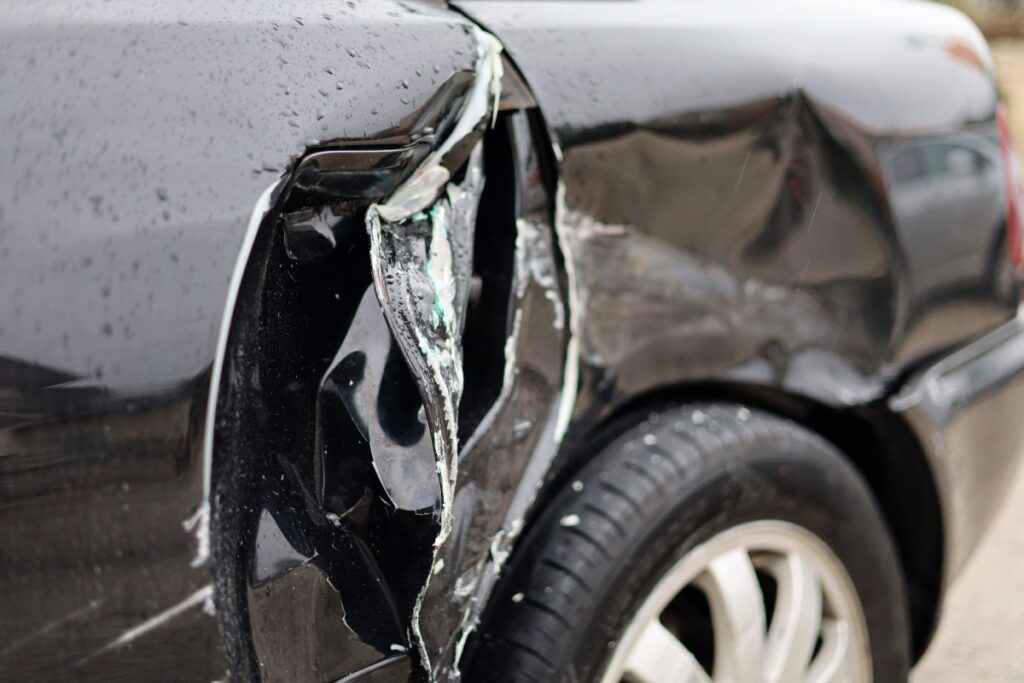Car accidents can cause various ranges of injuries, from minor bruises to significant,life-altering conditions. Even seemingly minor collisions can lead to significant medical issues that require immediate and long-term care. While some injuries heal quickly, others may have lasting consequences, affecting mobility, quality of life, and financial stability. Understanding the most common car accident injuries can help individuals recognize symptoms early and seek appropriate medical care.
Insurance claims and legal proceedings also often depend on the nature and severity of the injuries sustained. Knowing what to expect in these situations can make a critical difference in recovery. In many cases, securing legal assistance is necessary to cover medical expenses, lost wages, and other damages.
Whiplash And Soft Tissue Injuries
One of the most prevalent injuries in car accidents, particularly rear-end collisions, is whiplash. This occurs when the head gets jerked backward and forward, stressing the neck muscles and ligaments. The symptoms of this injury may not appear immediately and can include:
- Neck pain and stiffness
- Headaches
- Reduced range of motion
- Dizziness and fatigue
Soft tissue injuries also include muscle, tendon, and ligament damage throughout the body. Sprains, strains, and contusions can cause prolonged discomfort and require physical therapy or rehabilitation to restore function.
Broken Bones And Fractures
The force of impact during a car accident can result in fractures or broken bones, particularly in the arms, legs, ribs, and collarbone. The severity of these injuries depends on the nature of the crash and whether the individual was restrained. Common types of fractures include:
- Simple fractures, where the bone remains aligned
- Compound fractures, where the bone pierces the skin
- Compression fractures, often affecting the spine due to extreme force
These injuries often require immobilization, surgery, or extensive rehabilitation, making prompt medical attention essential for proper healing.
Head And Traumatic Brain Injuries (TBI)
Head injuries are among the most serious consequences of car accidents, ranging from mild concussions to severe traumatic brain injuries (TBIs). Even with airbags and seatbelts, a sudden blow to the head can cause significant trauma. Symptoms of TBIs can include:
- Confusion and memory loss
- Persistent headaches
- Nausea or vomiting
- Mood swings and difficulty concentrating
Severe brain injuries may result in cognitive impairments, speech difficulties, or permanent disability. Early diagnosis and treatment can prevent further complications and improve long-term outcomes.
Spinal Cord Injuries And Paralysis
Car accidents are a leading cause of spinal cord injuries, which can have devastating, lifelong consequences. Damage to the spinal cord may result in partial or complete paralysis, affecting mobility and organ function. Common spinal injuries include:
- Herniated discs, causing nerve pain and discomfort
- Spinal fractures, which may require surgery
- Complete or incomplete spinal cord damage, leading to loss of movement or sensation
- Victims of spinal cord injuries often require extensive medical care, rehabilitation, and adaptive technologies to regain independence.
Internal Injuries And Organ Damage
Blunt force trauma from car accidents can lead to internal injuries that may not be immediately apparent. Damage to internal organs such as the liver, spleen, or kidneys can result in severe complications if left untreated. Internal bleeding is another serious risk that requires emergency medical intervention. Symptoms may include:
- Abdominal pain or swelling
- Dizziness and fainting
- Rapid heart rate or low blood pressure
Immediate medical evaluation is crucial, as internal injuries can quickly become life-threatening if not addressed.
Psychological And Emotional Trauma
Beyond physical injuries, car accidents can cause significant psychological distress. Many victims experience post-traumatic stress disorder (PTSD), anxiety, depression, or a fear of driving following a severe crash. Common psychological symptoms include:
- Nightmares or flashbacks
- Difficulty sleeping
- Increased irritability or mood swings
- Avoidance of driving or travel
Mental health support, therapy, and counseling can help individuals cope with the emotional aftermath of an accident and regain confidence over time.
The Importance Of Medical And Legal Assistance
If you are injured in a car accident, seeking medical attention should be your priority. Some injuries may not manifest symptoms immediately, and early treatment can prevent complications. Delaying medical care may also affect any legal claims related to the accident.
Once medical needs are addressed, securing experienced legal representation is essential. We handle numerous car accident cases, ensuring victims receive the legal support they need. Our team focuses on fighting for fair compensation, covering medical expenses, lost income, and other damages resulting from the accident. With our expertise, you can focus on recovery while we handle the complexities of your case.
We offer free consultations to discuss your situation and determine your legal options. Call Ace Lakhani Law at 702.814.4000 or message us through our contact form today.






